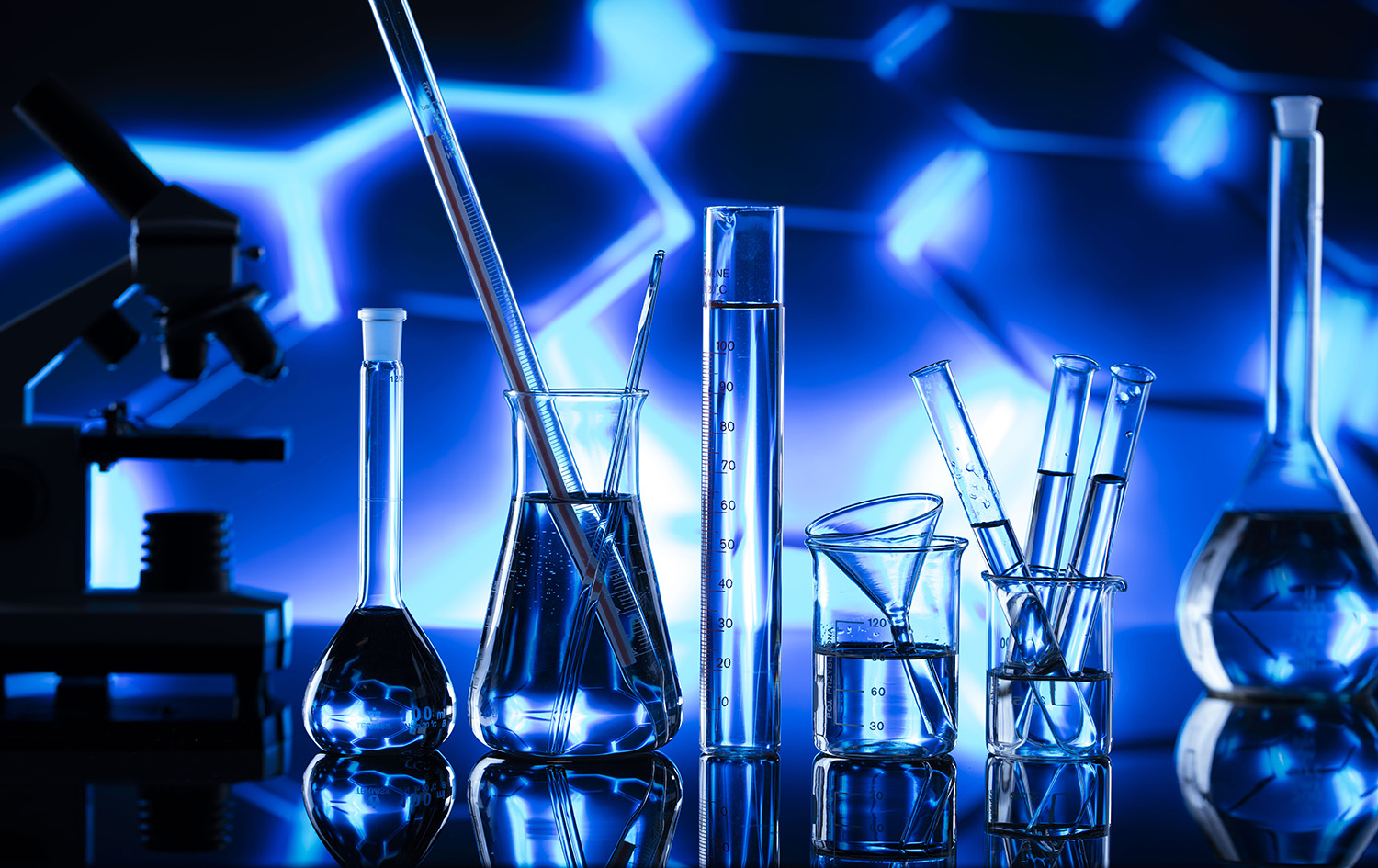

This course aims to train the participants in the following: Basics of water chemistry. Understanding of the causes of deposition and corrosion in water and steam systems. Fundamentals of the analysis methods, for the major cations and anions that are used as indicators of corrosion and scaling tendency. Fundamentals of the analysis of other water properties that affect its quality. The ability to interpret the water analysis test results.
The content is ideal for personnel who are involved in water analysis, boiler operations, inspection, and environmental aspects.
This interactive Training will be highly interactive, with opportunities to advance your opinions and ideas and will include;
Basics of water chemistry
Types of Boilers
Boiler Problems Caused by Water
Necessity of Water Treatment for Boilers
Boiler water treatments
Preservation of Boilers during Stoppage
Water Quality Control for Boiler
Analysis of Water for boiler
CDGA attendance certificate will be issued to all attendees completing minimum of 80% of the total course duration.
| Code | Date | Venue | Fees | Register |
|---|---|---|---|---|
| LAB147-02 | 12-04-2026 | Dubai | USD 5450 | |
| LAB147-03 | 17-08-2026 | Istanbul | USD 5950 | |
| LAB147-04 | 13-12-2026 | Cairo | USD 5450 |
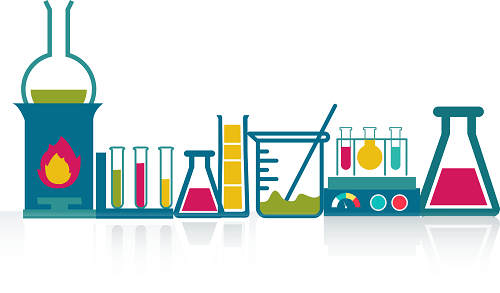
advanced analytical chemistry helps working lab teams (chemists & technicians) to achieve the goals of the management and customer needs. also motivate them to accomplish high quality work. It is very ...
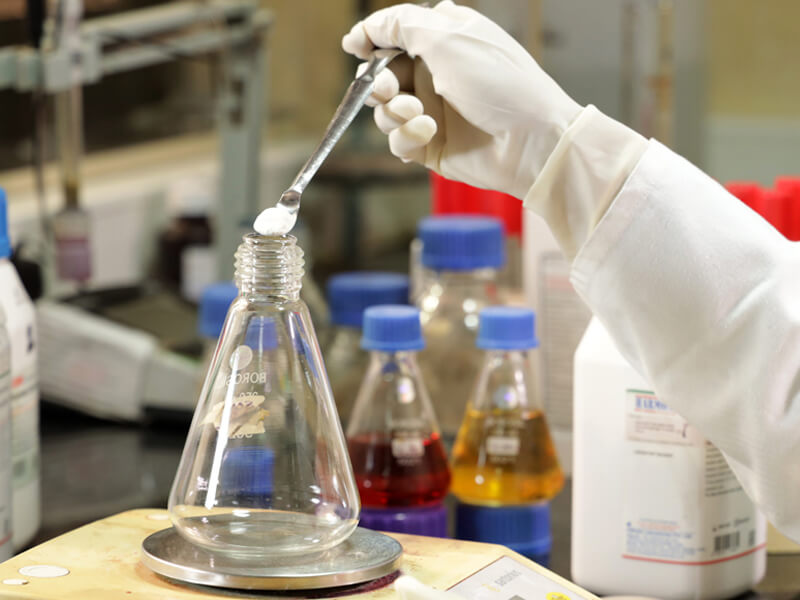
Knowledge of modern analytical instruments and techniques is necessary to solve any laboratory problem. The course provides basic analytical analysis methods and troubleshooting techniques of the most ...
.jpg)
The good and advance analytical laboratory can motivate dispirited teams of chemists and technicians to accomplish high quality work. It is very important for laboratory staff to learn how to create t ...
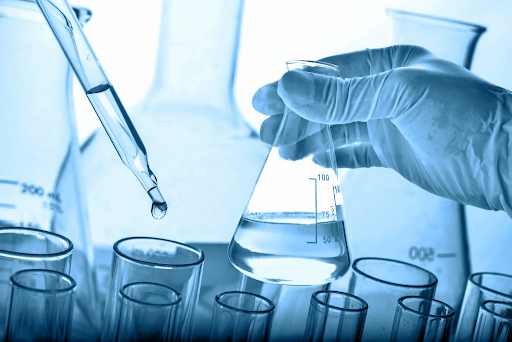
•This course is designed to provide participants with a comprehensive understanding of water quality principles, testing methods, and the importance of maintaining water standards for various applicat ...
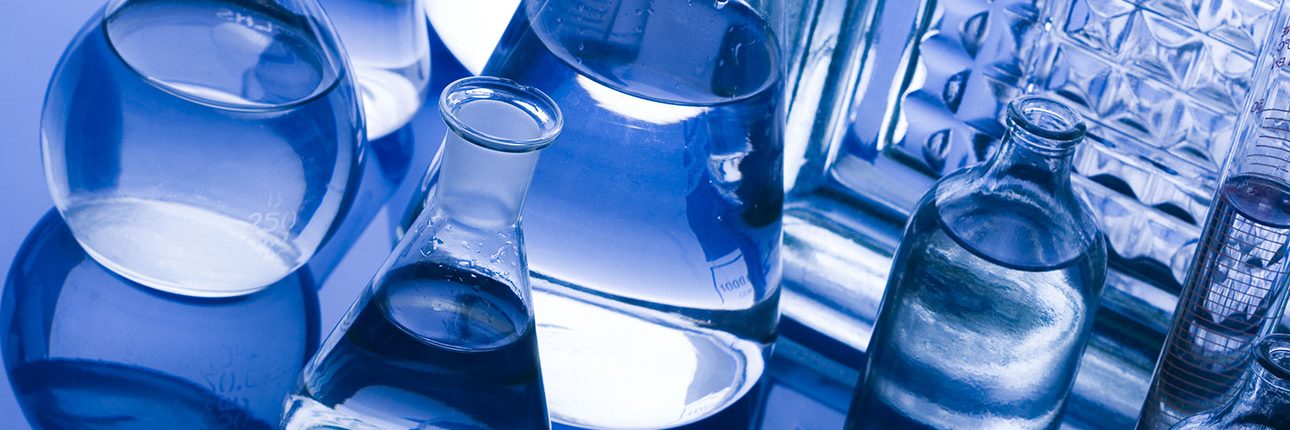
This program presents an overview of the need for analysis of water, how analytical methods are developed and quality control is applied and how the results of analysis are used. It will describe the ...
Providing services with a high quality that are satisfying the requirements
Appling the specifications and legalizations to ensure the quality of service.
Best utilization of resources for continually improving the business activities.
CDGA keen to selects highly technical instructors based on professional field experience
Since CDGA was established, it considered a training partner for world class oil & gas institution
3012, Block 3, 30 Euro Business Park, Little Island, Co. Cork, T45 V220, Ireland
Mon to Fri 09:00 AM to 06:00 PM
Contact Us anytime!
Request Info